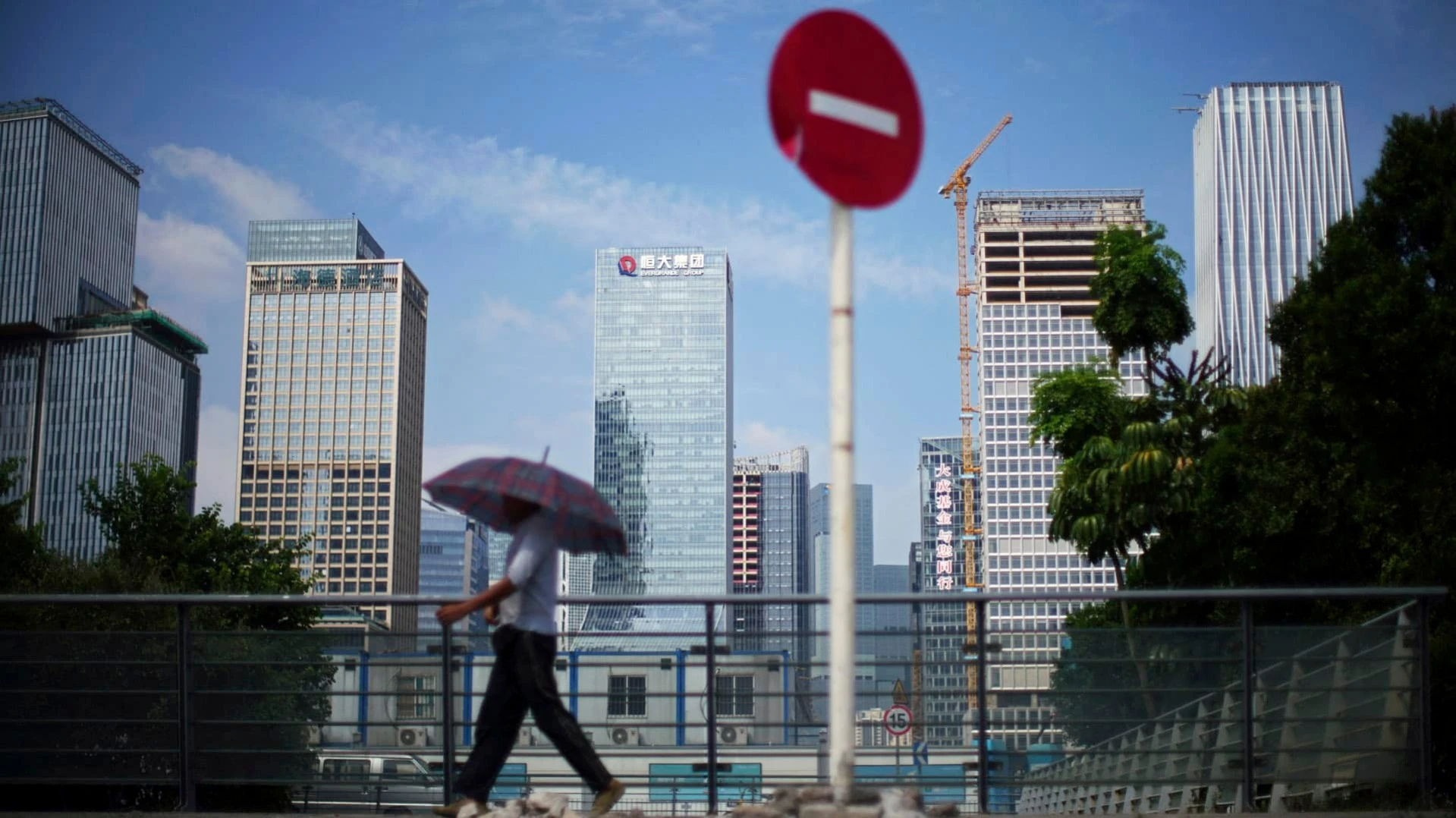Real estate developer Evergrande has been delisted from the stock exchange. What is in store for the Chinese real estate market?
A company with more than $300 billion in debt has failed to restructure

Shares of China Evergrande Group, once the largest real estate developer and a symbol of China's construction boom, have been delisted from the Hong Kong Stock Exchange after years of crisis and debt default. The company, with more than $300 billion in liabilities, never managed to restructure. Liquidators recovered only a fraction of its assets. This became another signal of the underlying problems of the Chinese real estate market.
Details
Shares in China Evergrande Group, the world's most indebted real estate developer, were taken off the Hong Kong Stock Exchange on Aug. 25, Barron's writes.
Trading in shares of the Chinese company was suspended back in January 2024, when a Hong Kong court ordered the liquidation of Evergrande's listing structure after the failure of years of restructuring negotiations. The exchange demanded to resume trading within 18 months, but this did not happen.
At the time of the trading suspension, Evergrande's capitalization stood at HK$2.15 billion ($275 million) against a peak of HK$398.8 billion in 2017, the Financial Times highlights.
Why it's important
The group, which specialized in building residential complexes, shocked global markets in 2021 when a default on offshore bonds pointed to a severe lack of liquidity in China's real estate sector, the Financial Times notes.
Evergrande's listing in 2009 was a milestone in China's construction boom: the company raised more than $20 billion in international debt markets - more than any other Chinese developer. In its pre-offering prospectus, the company claimed a land bank of 45.8 million square meters in strategic locations across the country. The company's soaring stock price has made its founder Hui Ka Yan one of Asia's richest men.
However, Evergrande defaulted as early as 2021, and in January 2024 the court ordered its liquidation. The liquidators started the process of recovering creditors' investments and filed a lawsuit against PwC for improper auditing. According to them, the debt load was higher than the previously announced $27.5 billion.
A report from liquidators Alvarez & Marsal said it had only recovered $255 million in assets, including a Claude Monet painting, over the past 18 months. Meanwhile, Evergrande had assets worth 1.8 trillion yuan ($250 billion) in 2022, but most of them were in mainland China, making recovery more difficult. Total liabilities exceeded $300 billion, reflecting the sector's debt development pattern after the reforms of the 1990s and a wave of urbanization, the Financial Times adds.
Evergrande's story - along with similar problems at other real estate giants such as Country Garden and Vanke - is closely watched by analysts assessing the state of the world's second-largest economy, Barron's specifies.
Context
The real estate crisis began in China in 2021 after the introduction of restrictions on lending aimed at reducing financial risks. In parallel, the country's economy is facing rising youth unemployment, deflation and weak consumer demand, writes Business Insider.
Goldman Sachs analysts warn that the Chinese market is still far from the bottom. In four years, housing prices have fallen by 20% and may fall by another 10% until 2027. At the beginning of 2024, the market was showing signs of stabilization: the rate of price decline was slowing down.
However, recent months have seen another weakening - in May, prices for new homes in 70 cities showed the biggest drop in seven months, and for secondary housing - a record decline in eight months. Of the $150 billion in defaulted developer bonds issued outside the mainland, investors have been able to recover less than 1%, the Financial Times said.
This article was AI-translated and verified by a human editor
